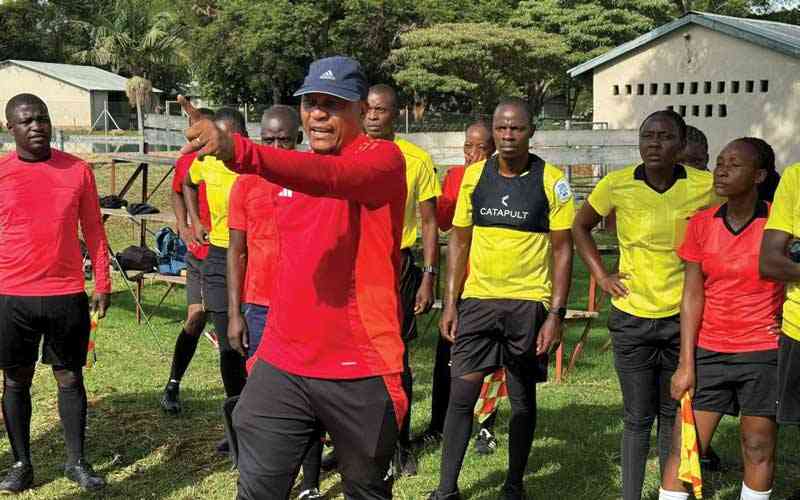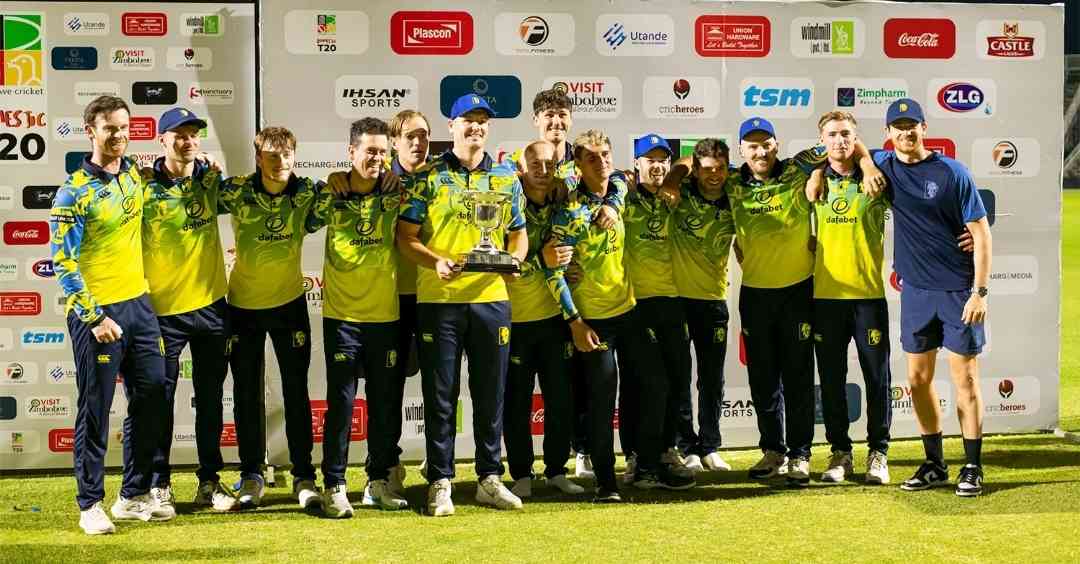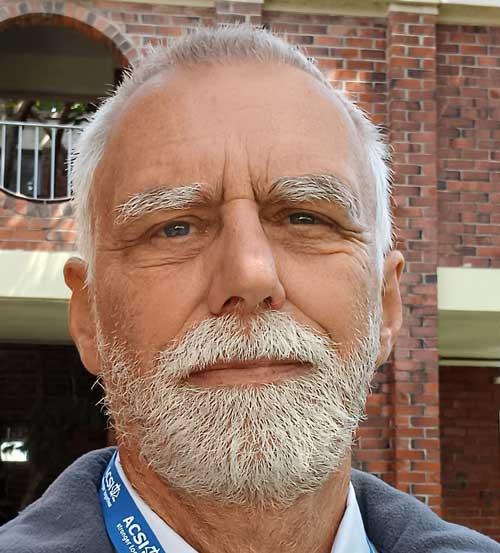
THIS week government announced it will bankroll the Cosafa Senior Challenge tournament to be played here in October.
The announcement came after the inclusive government, through Sports minister David Coltart, had initially wrote to the Council of Southern Africa Football Associations advising the body that his cash-strapped government had no sufficient funds to host this regional event. What Coltart meant in essence was that sports, and in particular a regional football tournament, was not a priority in the midst of a financial crisis affecting the country.Even so, turning down such an offer would have been a huge embarrassment for the country, perhaps explaining why the inclusive government saw it fitting to guarantee US$1 million for the hosting of the tournament, with the Zimbabwe Tourism Authority having to underwrite the required balance.The embarrassment would stem from that this is a country which harbours hopes of hosting an even bigger football tournament in the future- the African Nations Cup.And this is a country which has been waxing lyrical about playing a significant role when neighbouring South Africa finally stage the eagerly anticipated Fifa World Cup finals next year.Yet they can’t even host this tournament, a small, regional one for that matter!Failure to host this event would also seem to vindicate the Confederation of African Football (Caf) and its long-standing president Issa Hayatou for stripping Zimbabwe of the right to host the Nations Cup in 2000.Yet, still, Zimbabwe’s problem has never really been about capacity, at least when it comes to other factors other than stadia.In terms of hotel beds, training venues, safety, and general public interest, the country still remain miles ahead of some of the countries who have previously hosted the Nations Cup.By general African standards outside South Africa and the North African nations, Zimbabwe, in all fairness, should meet requirements.The geographical size of the country also means the question of transport won’t be an issue of great concern because teams can freely move by road (without the potholes), say, from Harare to Mutare on rest days with the distance not taking a huge toll.As for the Cosafa Challenge, Zifa revealed at the press conference on Monday that only two venues, the Rufaro and Barbourfields stadiums, will be used.So the question of stadium falls away in the Cosafa context.Problems solved? Not quite.At the Monday pressa, both Coltart and Tourism and Hospitality minister Walter Mzembi stressed that the Cosafa Senior Challenge was Zimbabwe’s own World Cup. The two ministers said it will prove to the world the country’s preparedness to capably take up its 2010 role. This is exactly why Zimbabwe cannot afford to mess up come October.Special attention to detail is crucial in the hosting any event in which the spotlight is on the host.Since two stadiums will be used by eight teams, it could see some of the matches being played under floodlights, supplied uninterruptedly by Zesa.When I went to watch the friendly international between Zimbabwe and Lesotho in Bulawayo a fortnight ago, I tried to look at my country’s infrastructure through the eyes of an impartial tourist, and it wasn’t good looking. The road that leads to Barbourfields Stadium from Barbourfields suburb is a haven for gapping potholes, utterly not fitting for a road that leads to one of the country’s leading sporting arenas.Queried about this and other issues, Mzembi said such things will be addressed in a document to be released first week of September. Several other things need to be taken care of, and the local organizing committee that Zifa will reportedly announce soon has loads of work to do.Will the bus be on time to take ferry the teams to training ground from the hotel? Will there be adequate mineral water for the teams? Will matches kick off on time?I call go on and on, but it is these kind of things that make a difference.
Â
Enock Muchinjo











